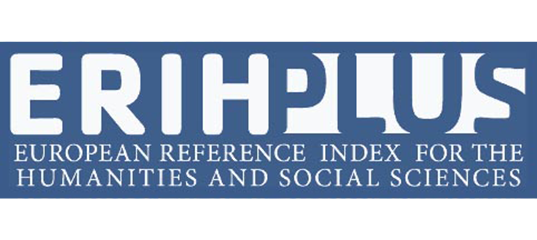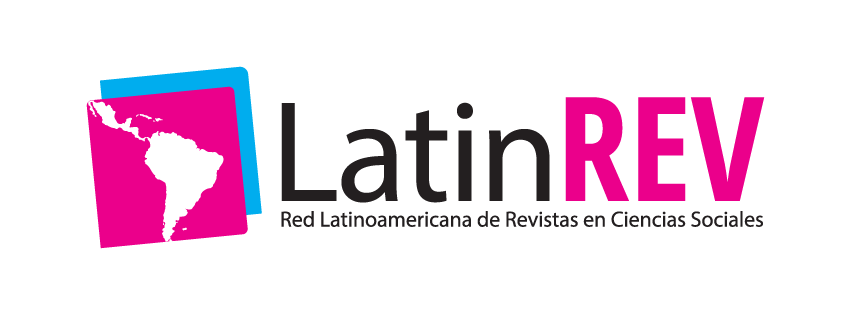Implementation of a genetic algorithm in JavaScript to solve the problem of assigning teachers by academic semester at the Yavirac Higher Technological Institute
DOI:
https://doi.org/10.46480/esj.5.3.159Keywords:
Artificial intelligence, Data processing, Computer languages, AlgorithmsAbstract
The allocation of teachers who are going to teach a subject in an academic period is a common problem in higher education institutions. This problem has already been solved using different techniques. I am presenting a solution of a web application applying a genetic algorithm in the backend. IST Yavirac has no administrative staff, and carries out this activity with its teaching staff, who must combine their teaching activities with this administrative activity. Due to the number of variables and their complexity, the problem of assigning teachers per semester is NP-complete; that is, there is no single solution, but rather a set of valid solutions. Artificial Intelligence was chosen to solve this problem, specifically through the design and implementation of a genetic algorithm. This solution is implemented on a REST API web on a Web server with NodeJS and can be implemented in the cloud for production. This article shows the approach used to provide a practical solution, supported by ontologies to represent business objects on chromosomes, instead of the classical representation based on character strings. This approach allows viable solutions to be calculated, which can be accepted by the users. The calculation takes only a few minutes compared to the manual solution that can require up to five working days.
Downloads
References
Ansari, A., Bakar, A.A., 2014. A Comparative Study of Three Artificial Intelligence Techniques: Genetic Algorithm, Neural Network, and Fuzzy Logic, on Scheduling Problem, in: 2014 4th International Conference on Artificial Intelligence with Applications in Engineering and Technology. Presented at the 2014 Artificial Intelligence with Applications in Engineering and Technology (ICAIET), IEEE, Kota Kinabalu, Malaysia, pp. 31–36. https://doi.org/10.1109/ICAIET.2014.15
Athiththan, K., Rovinsan, S., Sathveegan, S., Gunasekaran, N., Gunawardena, K.S.A.W., Kasthurirathna, D., 2018. An Ontology-based Approach to Automate the Software Development Process, in: 2018 IEEE International Conference on Information and Automation for Sustainability (ICIAfS). Presented at the 2018 IEEE International Conference on Information and Automation for Sustainability (ICIAfS), IEEE, Colombo, Sri Lanka, pp. 1–6. https://doi.org/10.1109/ICIAFS.2018.8913339
Beligiannis, G.N., Moschopoulos, C., Likothanassis, S.D., 2009. A genetic algorithm approach to school timetabling. Journal of the Operational Research Society 60, 23–42. https://doi.org/10.1057/palgrave.jors.2602525
Express/Node introduction - Learn web development | MDN [WWW Document], 2021. URL https://developer.mozilla.org/es/docs/Learn/Server-side/Express_Nodejs/Introduction (accessed 8.29.21).
JavaScript | MDN [WWW Document], 2021. URL https://developer.mozilla.org/es/docs/Web/JavaScript (accessed 8.27.21).
Kumar, M., Husain, M., Upreti, N., Gupta, D., 2010. Genetic Algorithm: Review and Application. SSRN Journal. https://doi.org/10.2139/ssrn.3529843
Ley Orgánica de educación superior, LOES, 2020.
Matias, J.B., Fajardo, A.C., Medina, R.P., 2018. A Hybrid Genetic Algorithm for Course Scheduling and Teaching Workload Management, in: 2018 IEEE 10th International Conference on Humanoid, Nanotechnology, Information Technology,Communication and Control, Environment and Management (HNICEM). Presented at the 2018 IEEE 10th International Conference on Humanoid, Nanotechnology, Information Technology,Communication and Control, Environment and Management (HNICEM), IEEE, Baguio City, Philippines, pp. 1–6. https://doi.org/10.1109/HNICEM.2018.8666332
MIT OpenCourseWare, 2014. 13. Learning: Genetic Algorithms.
Mohan, M., 2020. Why JavaScript Is the Programming Language of the Future [WWW Document]. freeCodeCamp.org. URL https://www.freecodecamp.org/news/future-of-javascript/ (accessed 8.29.21).
Netscape Communications Corporation, 1995. NETSCAPE AND SUN ANNOUNCE JAVASCRIPT, THE OPEN, CROSS-PLATFORM OBJECT SCRIPTING LANGUAGE FOR ENTERPRISE NETWORKS AND THE INTERNET. MOUNTAIN VIEW, California.
Nuntasen, N., Innet, S., 2007. A Novel Approach of Genetic Algorithm for Solving University Timetabling Problems: a case study of Thai Universities 7.
The Linux Foundation, 2018. 2018 NODE.JS USER STUDY DETAILED REPORT OF FINDINGS.
Tilkov, S., Vinoski, S., 2010. Node.js: Using JavaScript to Build High-Performance Network Programs. IEEE Internet Comput. 14, 80–83. https://doi.org/10.1109/MIC.2010.145
Tsoukalas, L., Uhrig, R., Zadeh, L., 1997. Fuzzy And Neural Approaches in Engineering | Wiley. Wiley.
Wittern, E., Ying, A.T.T., Zheng, Y., Laredo, J.A., Dolby, J., Young, C.C., Slominski, A.A., 2017. Opportunities in Software Engineering Research for Web API Consumption, in: 2017 IEEE/ACM 1st International Workshop on API Usage and Evolution (WAPI). Presented at the 2017 IEEE/ACM 1st International Workshop on API Usage and Evolution (WAPI), IEEE, Buenos Aires, Argentina, pp. 7–10. https://doi.org/10.1109/WAPI.2017.1
Yavirac, n.d. URL http://yavirac.edu.ec/ (accessed 8.26.21).
Published
Issue
Section
License
Authors retain the copyright of their articles and are therefore free to share, copy, distribute, perform, and publicly communicate their work on their personal websites or in institutional repositories after its publication in this journal, provided that full bibliographic information is given to acknowledge its original publication.































